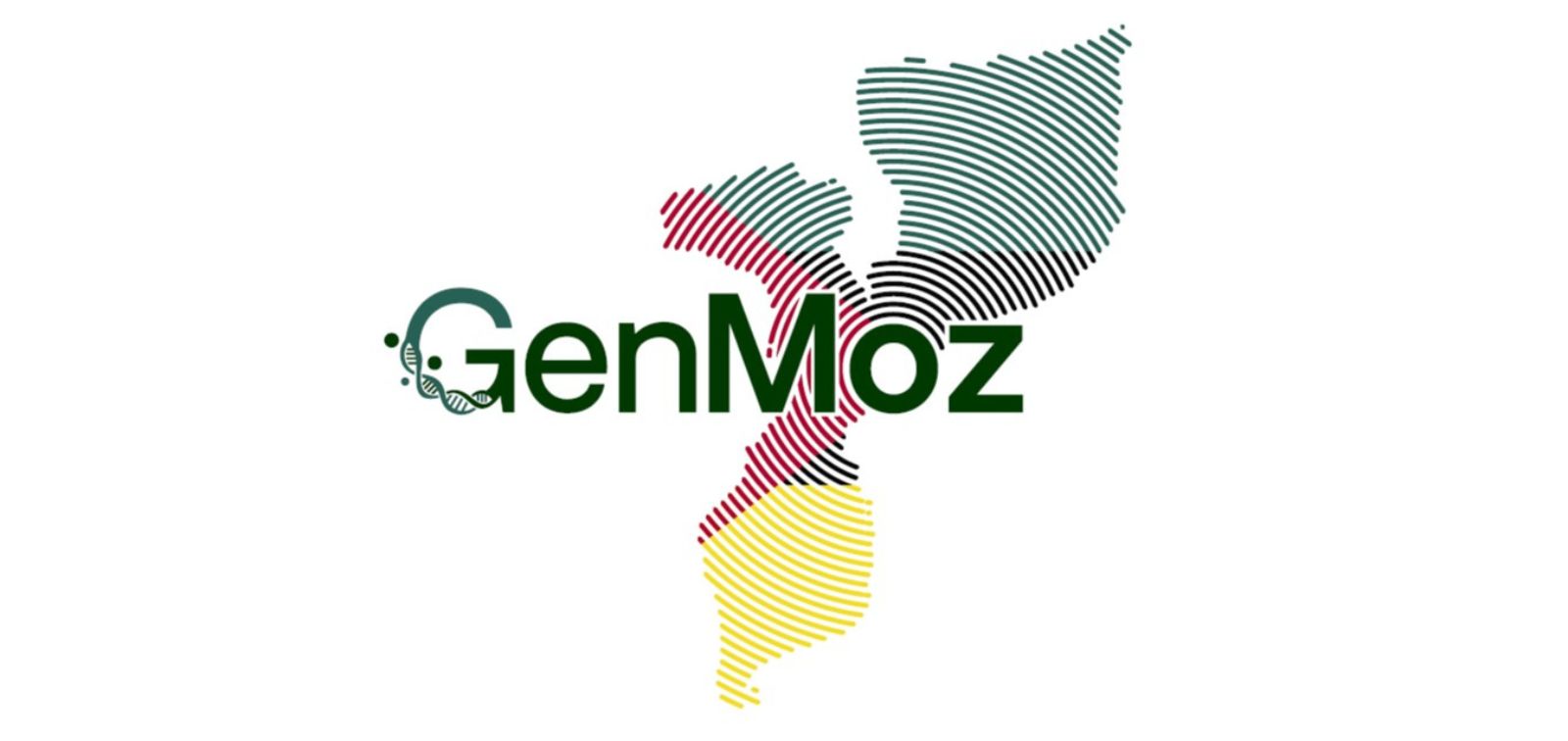- Duration
- 2021-2024
- Coordinator
- Alfredo Mayor (ISGlobal)
- Funded by
- Bill and Melinda Gates Foundation
Mozambique is among the ten countries with the highest burden of malaria worldwide. At the same time, the National Malaria Control Program (NMCP) of Mozambique seeks to accelerate elimination in the south, where transmission is lowest. NMCP is currently working with partners to set up a high-resolution surveillance system that can drive decision-making across all transmission strata through strengthening of routine data quality, data use and data to action packages. However, decisions become more complex as control reveals heterogeneity and better tools are required for a strategic use of information to drive impact.
The overall aim of the GenMoz project is to build malaria genomic capacities in Mozambique in order to increase the actionable intelligence for making programmatic decisions on the optimal mix of control and elimination measures in Mozambique. The project proposes a participatory approach engaging all parts of the health system to promote a culture of genetic data use and increase the public health impact, while leveraging ongoing activities and existing capacity in Mozambique.
We will first develop analytical and interpretive genomic capacities at the Manhiça Health Research Center (CISM), an institution with extensive experience in malaria research and a pivotal role in contributing to the development of the Mozambican Ministry of Health's overall health policy. We will then integrate genomic intelligence in the NMCP’s strategic and operational activities through:
- Embedding genetic surveillance on ongoing and future routine control and elimination strategies (e.g. use of routine samples).
- The integration of genomic surveillance onto the Integrated Malaria Information Storage System (iMISS) for analysing, visualising and generating data for action (e.g. through genetic surveillance dashboards) at the appropriate granularity level.
The project will be conducted by the Manhiça Health Research Center (Mozambique) in close collaboration with ISGlobal, Malaria Consortium, the University of California-San Francisco and the Institute of Disease Modelling.
Total Funding
5 910 781 USD
Team
Centro de Investigação em Saúde de Manhiça (CISM)
- Francisco Saúte
- Pedro Aide
- Gloria Matambisso
- Meritxell Molinos
- Arsenio Nhacolo
- Simone Boene
- Kiba Jamila
- Clemente da Silva
National Malaria Control Program in Mozambique:
- Baltazar Candrinho
University of California San Francisco:
- Andrés Aranda-Diaz
- Bryan Greenhouse
Malaria Consortium
- Sonia Enosse
Institute of Disease Modelling
- Kate Battle
- Caitlin Bever
- Josh Proctor
- Jessica Ribado
Instituto de Biomedicina de Valencia (IBV-CSIC)
- Iñaki Comas
Brochure #01
Brochure #02
Brochure #03
Brochure #04
Brochure #05
Brochure #06
Brochure #07
Brochure #08
Brochure #09
Brochure #10
Our Team
Principal Investigator (PI)
-
 Alfredo Mayor Research Professor
Alfredo Mayor Research Professor
ISGlobal Team
-
Nanna Brokhattingen Predoctoral Researcher
-

-
Manuel García Ulloa Bioinformatics Technician
-
Carla García Laboratory Technician
-
 Arnau Pujol Junior Research Leader
Arnau Pujol Junior Research Leader -
Eduard Rovira Project Coordinator
Other projects
See Past ProjectsNHEPACHA
New Tools for the Diagnosis and Evaluation of Chagas Disease
RTS,S Vaccine Immunology Study
Study of immune correlates of protection against malaria after vaccination with RTS,S/AS01E: a comprehensive immunological arm of a Phase III double-blind, randomized, controlled multi-center trial
Euroleish.net
Control of Leishmaniasis. From bench to bedside and community
GREPIMER
Grup de recerca en patología importada i malaties emergents i re-emergents
TESEO
New chemotherapy regimens and biomarkers for Chagas Disease
ASINTMAL
Unravelling Disease Tolerance and Host Resistance in Afebrile 'P. falciparum' Infections: a Prospective Study in Mozambican Adults
ADAM
Malaria mass and focal drug administration to advance malaria elimination in Mozambique: accelerating programmatic implementation and policy translation
Science4Pandemics
Citizens engagement digital platform for collective intelligence in pandemics
HIDDENVIVAX
Novel organ-on-a-chip technology to study extracellular vesicles-mediated cryptic infections in Plasmodium vivax malaria
Subclinical Infections in Children and Long Term Health Effects
Infection acquisition in early life and health outcomes in childhood - MARATO TV3
Herramienta innovadora de detección de enfermedades y vacunación a población inmigrante en riesgo en España
Project Code: PI21/00651
Impacto de las coinfecciones en el balance de respuestas de anticuerpos y linfocitos T helper a antígenos diana de inmunidad natural y vacunal frente a patógenos humanos prominentes
Project Code: PI20/00866
EpiGen
Building Scalable Pathogen Genomic Epidemiology in Ethiopia
MalTransc
Transcriptional regulation of adaptation and developmental decisions in malaria parasites: from epigenetic variation to directed transcriptional responses
BOHEMIA
Broad One Health Endectocide-based Malaria Intervention in Africa
RESPONSE
Mechanisms of the transcriptional responses to changes in the environment in the malaria parasite Plasmodium falciparum
VivaxEVTalk
Extracellular Vesicles as Intercellular Communicators and Biomarkers of Cryptic Erythrocytic Infections in Plasmodium vivax malaria
VaMonoS
Unravelling the heterogoneity and function of monocytes in vaccination and immunity to malaria
CLIMSOCTRYPBOL
Insight on climate and social participatory research for integral management of vectorborne zoonosis caused by Trypanosoma cruzi and Leishmania spp. in the Bolivian Gran Chaco.
SexMal
Social affairs and sex in P. falciparum: implications for malaria elimination
MENA Migrant Health
Transforming data collection and surveillance to drive migrant health research, care and policy
MESA
Sharing knowledge and catalyzing research towards a malaria-free world
SMART
Identifying Severe Malaria with a new Aptamer-based Rapid diagnostic Test
GlycoTargets
New antimalarial therapies targeting the glycosylation pathways of ‘Plasmodium falciparum’






